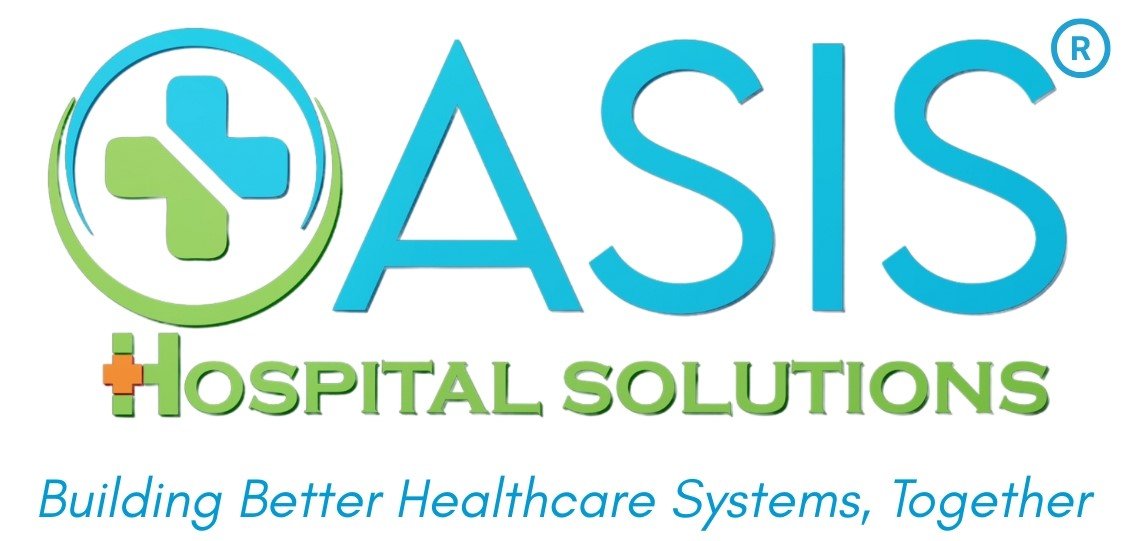"Unlocking Excellence: A Comprehensive Guide to NABH Accreditation and Its Impact on Healthcare Quality"

Understanding NABH Accreditation and Its Significance
In the ever-evolving landscape of healthcare, ensuring quality and safety is paramount. One way hospitals strive for excellence is by obtaining accreditation from the National Accreditation Board for Hospitals & Healthcare Providers (NABH). Let’s delve into the intricacies of NABH accreditation, exploring its definition, benefits, and the role it plays in healthcare institutions.
Introduction
Healthcare quality has become a focal point in today’s society, and NABH accreditation stands as a testament to a hospital’s commitment to providing exceptional care. Accreditation goes beyond a mere certification; it becomes a badge of honor that instills trust in patients and the healthcare community.
What is the (NABH) National Accreditation Board for Hospitals & Healthcare Providers?
NABH, established in 2006, is a constituent board of the Quality Council of India, set up to establish and operate accreditation programs for healthcare organizations. Its primary objective is to ensure that accredited healthcare institutions meet defined standards of quality and provide the best possible care to patients.
Benefits of NABH Accreditation for Hospitals
Enhanced Patient Trust
When a hospital is NABH-accredited, it signals a commitment to patient safety and high-quality healthcare. This, in turn, boosts the trust of patients and their families in the medical services provided.
Improved Healthcare Quality
NABH accreditation drives hospitals to adhere to stringent quality standards, leading to continuous improvement in patient care, infrastructure, and management processes.
Global Recognition
NABH accreditation isn’t just a local recognition; it opens doors to global acknowledgment. Hospitals that meet NABH standards are seen as on par with international healthcare providers.
Is NABH Mandatory?
While NABH accreditation is highly encouraged, it is not mandatory for all healthcare institutions. However, certain categories of hospitals, especially those participating in government schemes, may be required to obtain NABH accreditation.
NABH vs. Non-NABH in CGHS
Central Government Health Scheme (CGHS) has specific criteria for the empanelment of hospitals. NABH-accredited hospitals generally have an edge over non-NABH ones, showcasing a higher standard of healthcare delivery.
Role of NABH
NABH plays a pivotal role in shaping the healthcare landscape. It sets benchmarks for hospitals to follow, emphasizing patient-centric approaches and efficient management practices.
NABH Hospital in Coimbatore
One shining example of NABH accreditation is [Hospital Name] in Coimbatore. This hospital has not only met the rigorous standards set by NABH but has also become a beacon of quality healthcare in the region.
Importance of NABH Accreditation for Hospitals
Ensuring patient safety is at the core of NABH accreditation. It is a proactive step that hospitals take to meet and often exceed international standards, providing a safe and secure environment for patients.
Infrastructure Standards for NABH
Surprisingly, the latest manual from NABH does not explicitly outline infrastructure standards. This has led to some ambiguity, and hospitals seeking accreditation should consider industry best practices in the absence of specific guidelines.
NABH vs. NABL Laboratories
It’s crucial to differentiate between NABH and National Accreditation Board for Testing and Calibration Laboratories (NABL). While NABH focuses on healthcare institutions, NABL sets standards for testing and calibration laboratories.
Structural Standards for NABH Accreditation
Structural standards are fundamental in ensuring the adequacy and appropriateness of healthcare facilities. Hospitals aspiring for NABH accreditation must pay close attention to these standards to create a conducive environment for patient care.
Mandatory NABH Accreditation for Government Hospitals
The debate on mandatory NABH accreditation for government hospitals continues. While it poses challenges, such accreditation can significantly elevate the overall quality of healthcare provided by government institutions.
Achieving NABH Accreditation in India
The process of obtaining NABH accreditation can be intricate. It involves meticulous planning, staff training, and adherence to defined standards. Despite the challenges, the benefits far outweigh the efforts.
Purpose and Necessity of NABH Hospital Certification
Beyond the certification itself, NABH accreditation underscores a hospital’s commitment to delivering high-quality healthcare. It is a strategic move that not only benefits the hospital but also contributes to raising the overall standards of healthcare in the country.
NABH Standards for Hospitals
NABH sets comprehensive standards covering various aspects of healthcare, including patient safety, infrastructure, and management. Adhering to these standards ensures a holistic approach to quality healthcare.
What is the Difference Between NABH and Non-NABH?
The primary difference lies in the level of commitment to quality and patient safety. NABH-accredited hospitals go through rigorous assessments to meet and maintain these standards, ensuring a higher level of care.
What is NABH and Its Procedure?
NABH accreditation involves a systematic process of assessment, implementation of best practices, and continuous improvement. It is not a one-time achievement but an ongoing commitment to excellence.
Are Government Hospitals NABH Approved?
While not mandatory for all government hospitals, NABH accreditation is increasingly being seen as a benchmark for healthcare quality. Many governments.


